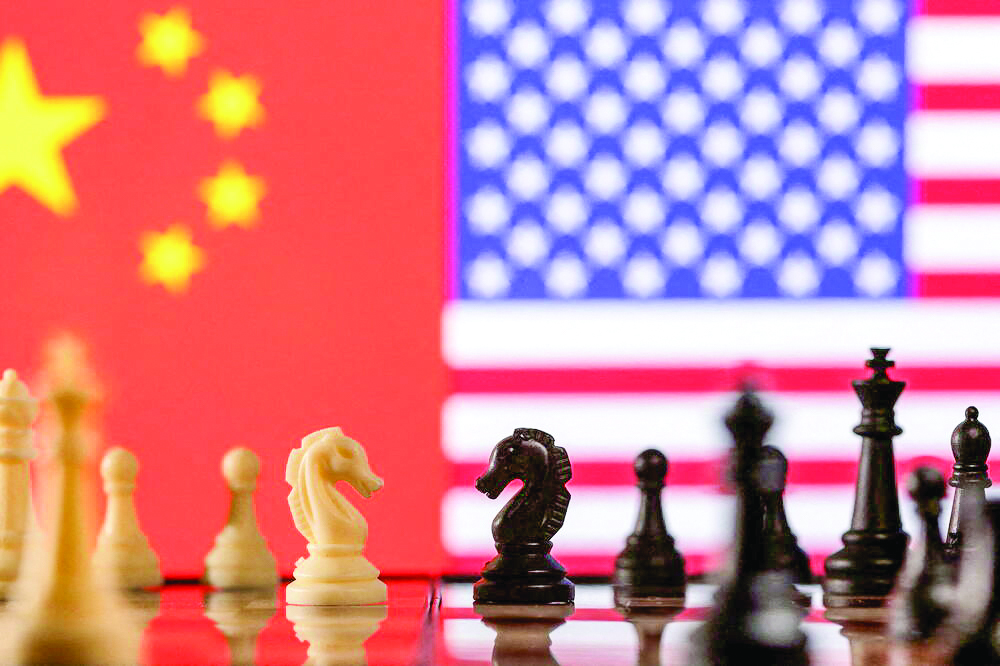A policy of ‘competition through peaceful means’ will be essential for the new US administration to address the growing challenges posed by China.
As the United States stands on the cusp of a new administration, the imperative to craft a coherent and effective foreign policy towards China cannot be overstated. The Biden administration’s current China policy has been marked by a thoughtful, prudent, and effective approach, recognizing China as the greatest long-term threat to US national security, economy, and the global order. This threat, akin to the Cold War-era Soviet Union, necessitates a strategic, long-term policy of “containment” rather than the failed “engagement” approach.
The Need for a Long-Term Strategy
The “engagement” strategy, which aimed to integrate China into the global free market and political systems, has not yielded the desired outcomes. Instead, China has leveraged its economic might and technological advancements to challenge the US and its allies. The new administration must acknowledge this reality and continue the policy of “competition through peaceful means.”
Strengthening Economic and Military Capabilities
A robust US economy and a formidable military are the bedrocks of any effective foreign policy. The new administration should prioritize economic policies that foster innovation, resilience, and growth. This includes investing in critical technologies, infrastructure, and education to maintain the US’s competitive edge. Simultaneously, ensuring a strong and modernized military will deter any aggressive moves by China and reassure US allies of its commitment to regional stability.
Building and Strengthening Alliances
Alliances are a force multiplier in international relations. The new administration should continue to strengthen ties with regional partners such as Japan, South Korea, and Australia. These alliances not only enhance collective security but also create a united front against any coercive actions by China. Additionally, bolstering Taiwan’s defense capabilities is crucial. Taiwan stands as a beacon of democracy in the region, and its security is intrinsically linked to the broader strategic interests of the US and its allies.
Engaging India as a Strategic Partner
India’s role in the Indo-Pacific region is pivotal. The new administration should work towards bringing India into a closer strategic partnership. This involves deepening defense cooperation, enhancing economic ties, and supporting India’s rise as a counterbalance to China. A strong US-India partnership will significantly contribute to regional stability and prosperity.
Conclusion
The challenges posed by China are multifaceted and long-term. The new US administration must adopt a comprehensive and strategic approach that combines economic strength, military readiness, and robust alliances. By doing so, the US can effectively navigate the complexities of the international landscape and ensure its leadership and security in the years to come.
In conclusion, a policy of “competition through peaceful means,” underpinned by a strong economy, a capable military, and resilient alliances, will be essential for the new administration to address the growing challenges posed by China. This multifaceted approach will not only safeguard US interests but also contribute to a stable and prosperous global order.
The Dalai Lama’s nephew, Khedroob Thondup is a geopolitical analyst.

